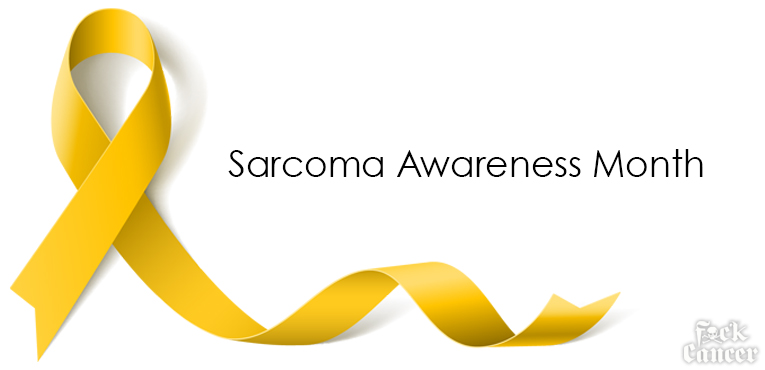
A cancer diagnosis can be scary and confusing, especially for a patient receiving a sarcoma diagnosis.
What is sarcoma?
Sarcoma is a rare cancer of the soft tissues and bone.
Most types of cancer originate in the epithelial linings that cover exposed surfaces of the body and have direct exposure to environmental toxins. Sarcomas, however, originate from cells or tissues that lie below these linings in the muscle, bone, cartilage, fat, blood vessels, smooth muscle and skeletal muscles. Any type of tissue in the body can give rise to a sarcoma.
The American Cancer Society estimates there will be 12,750 new cases of soft-tissue sarcoma this year. It accounts for less than 1% of all cancers diagnosed annually. Yet there are approximately 50 different types of the cancer. For any individual type of soft tissue sarcoma, there may be only a couple hundred new cases — or fewer — diagnosed in the United States each year, further complicating treatment of the disease.
How are soft-tissue sarcomas diagnosed?
Soft-tissue sarcomas are usually non-symptomatic early on and can grow to large sizes before diagnosis. They are often found by the patient when a lump appears on the leg, arm or torso. They may also be found during an investigation of other symptoms or during a routine checkup. For some patients, the cancer is not diagnosed until after it has spread to other parts of the body.
As with most cancers, the earlier a sarcoma is diagnosed, the better the chances of successful treatment.
What is the treatment for sarcoma?
Due to the rarity of this type of cancer, it is always best to consult with a sarcoma specialist to confirm a sarcoma diagnosis and determine the best course of treatment.
Treatment is different for each type of sarcoma and can include surgery and/or radiation therapy, used alone or in combination with chemotherapy. It is not unusual to use a multidisciplinary approach to treat soft tissue sarcomas; thus, having a coordinated team approach becomes essential.
What are increased risks for developing sarcoma?
While exact causes for most soft-tissue sarcomas remain unknown, some of the risk factors may include past treatment with radiation therapy for certain cancers or being exposed to certain chemicals.
Fewer than 5% of sarcomas are caused by a family history. Just because you have a sarcoma does not mean that your children are more susceptible or that you will pass it down to them.
If you are worried about developing sarcoma, please consult with an expert who is experienced in diagnosing and treating sarcoma.
Source: Bizjournals.com, Understanding Sarcomas: from Diagnosis to treatment, by Dr. Kamal Ummed, https://www.bizjournals.com/atlanta/news/2019/06/30/understanding-sarcoma-from-diagnosis-to-treatment.html, June 30, 2019
